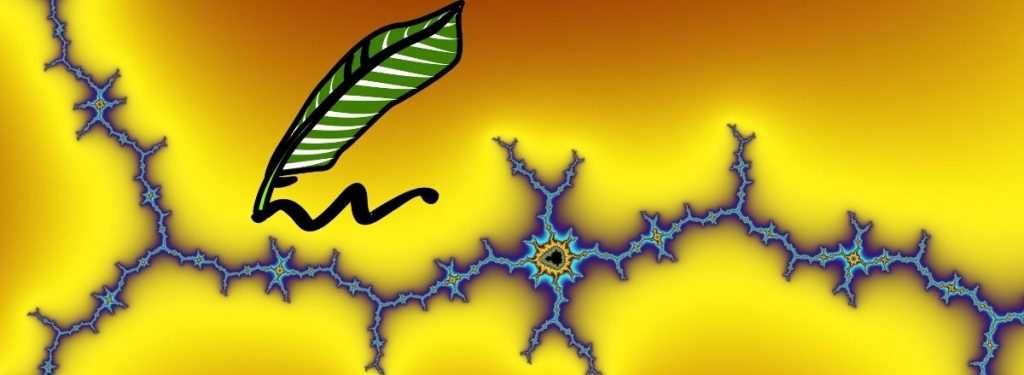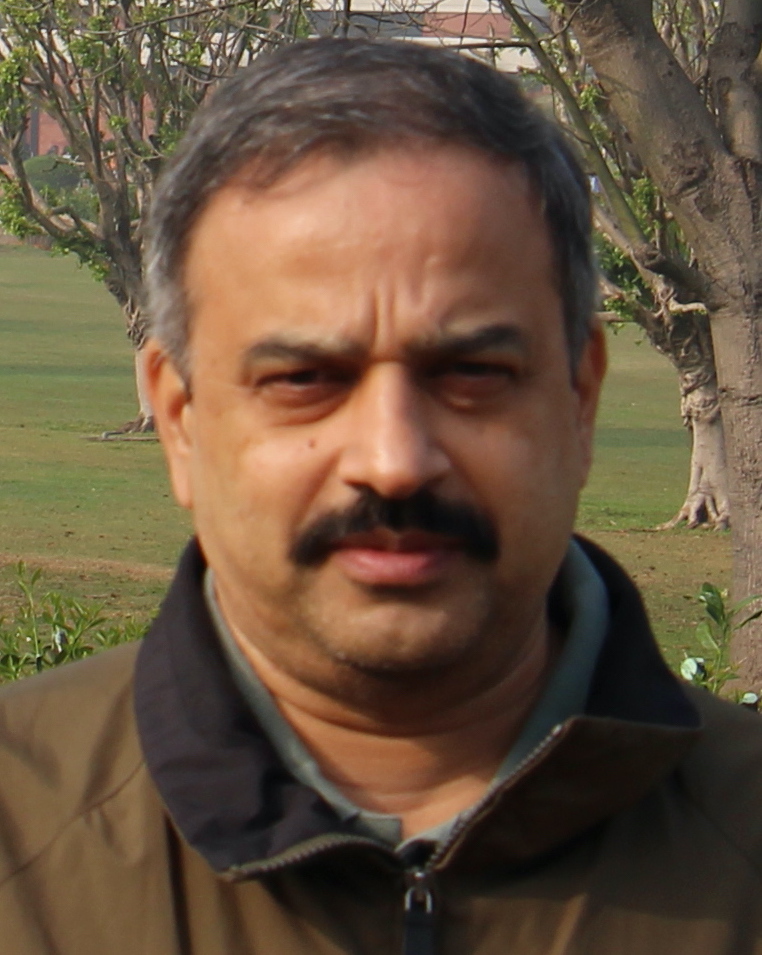Four scientists from the Imperial College, London paired up with four poets to explore a different kind of relationship between science and poetry and “make new spoken word performances”.

What is it between science and poetry? Are they contrary or complementary? Are they duals or doubles? All along the history of human thought, this question has been asked and answered many times in many ways. Still the elusive flirtation between them continues.
Science, in its basic form, is the understanding of the world. Early on in the human civilization, our perception of nature was all about awe, mystery and wonder. To express and communicate the spectacle of nature, ancient people had resorted to the elements of poetry – abstraction, symbolism, metaphors, imagery, riddles, puzzles and paradoxes. Ambivalence, fuzziness and negative and recursive definitions were the norms. One can see exemplar depictions of such ‘poetries of knowledge’ in the Vedas and Upanishads of ancient India, the Bible and the Taoist teachings of China.
Later, as humans started discovering the rules and patterns behind nature, her ways turned out to be more predictable. With this, our language for science needed to be more concrete, precise and thus prosaic. As our knowledge evolved from perceptions of truth to a more categorical truth, the focus of the communication about it turned to objectivity, simplification and demystification (rather than mystification).
Now, with the scientific methodology and lingo having developed into a genre by itself, is there still anything between science and poetry? Is science (characterized by objectivity, precision and clarity) the opposite of poetry (marked by subjectivity, vividness and ambivalence)? Or are they complementary? Or are there even overlaps between them?
Fritjof Capra, the celebrated Physicist and philosopher (and the author of ‘Tao of Physics’), has dealt with this question eloquently in his beautiful book ‘Uncommon Wisdom‘. Till about the 20th century, science was very much in the realm of the scientists’ macro sensory experiences. But when science moved to the submicroscopic world (eg: quantum physics, atomic physics), removed far from our everyday experiences, our language became inadequate and ineffective to describe them. Also, though we have grasped many of the seemingly underlying principles of nature, our science continues to plod at the cutting edge. When new phenomena and unexpected observations and experiences reveal, scientists still feel the same awe and wonder their ancestors had once felt. Thus they continue to look for words and images of the world of poetry to communicate science.

There have been initiatives to explore these questions and to bring together the approaches of science and poetry. Scientists have recognized the power of poetry in grappling with and communicating better, the ever increasing complexity of our perception of the world. Similarly, poets have also tried to bring scientific understanding of the world to deepen their poetry. The Sciku Project, which stands for Science-Haikus, is such an effort, where they try to express scientific ideas on the lines of Haiku poems. The terse and deep style of Haiku is thought to be apt for expressing some of the complex and deep ideas in science.
A new initiative on these lines, called the Experimental Words, has been completed recently at the Imperial College, London. Four scientists from the college paired up with four poets to explore a different kind of relationship between science and poetry and “make new spoken word performances”. They have released an album of 10 audio tracks that “uses music and sound effects for an epic exploration of the creative power of the performing arts and science”. The beautifully written and rendered poems, along with the sound-effects, deal with topics such as marine pollution (“The ocean remembers”), the marvels of engineering (“Glass Bridge”) and the perception and the reality of technology (“Mechanisms & Multitudes”).
These tracks (link below), I feel, could enhance your perspectives of all these topics – irrespective of your level of expertise in them. Happy listening!
Sankar is the founder and CEO of Silver Pi.
He had worked in Banking and Technology for about three decades before switching to Education. He is an Electrical Engineer by training, with a career in Technology and Banking across Japan, USA, Singapore and India.


3 comments